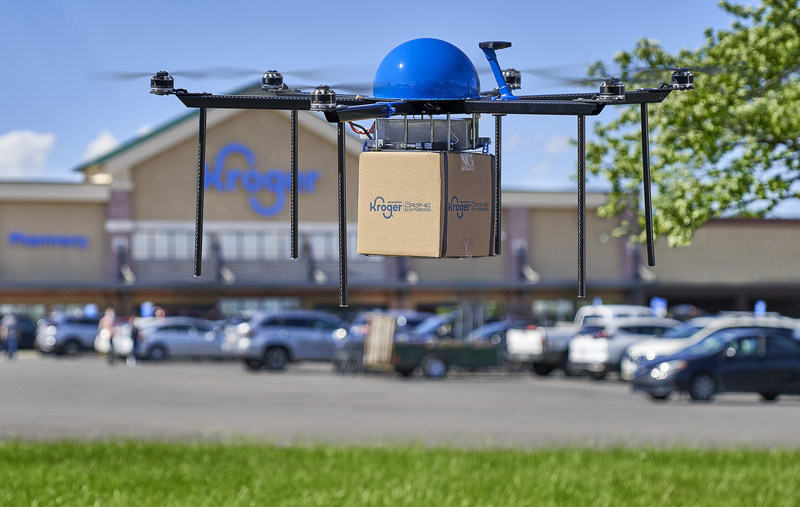This week’s show was a lot of fun to record with Kevin and me discussing Google’s upcoming I/O event and updates on the chip shortage from STMicro, TSMC, and someone who makes electronics. We also talk about Kroger’s drone delivery plans, cameras in cars, funding for robotic computer vision, and funding for robotic welding driven by AI. After that, we hit some smaller news items such as Amazon adding greetings to the Ring doorbell, Oura raising $100 million, and an update to Withings’ scale that provides a new biomarker. We then cover my review of the Lutron outdoor outlet and Kevin reviews Apple’s new AirTags. We conclude by answering a listener question about Bluetooth mesh.

This week, our guest is David McIntyre, the VP of marketing at Perceive, a startup building edge-based machine learning chips. He shares several ways that local machine learning will enable new features in products and explains how to add machine learning to consumer devices. He also explains how adding smarts to products changes their design and offers advice for those trying to rethink their own product strategies. We spent a lot of time trying to dissect what makes something smart as opposed to connected, and I think y’all will enjoy that discussion.
Hosts: Stacey Higginbotham and Kevin Tofel
Guest: David McIntyre of Perceive
Sponsor: Very
- The chip shortage will make a lot of gadgets more expensive
- How should we handle camera data from inside our cars?
- Lutron’s outdoor outlet is pricey, but high quality
- Local ML will enable better Zoom calls and smart appliances
- Forget the ecosystem, and think about differentiation when building smart devices
Podcast: Play in new window | Download | Embed
Subscribe: RSS
